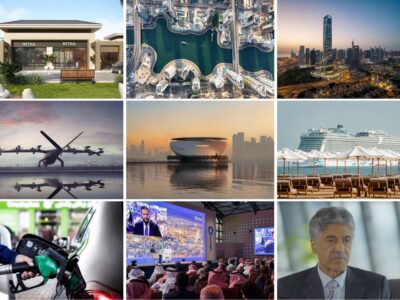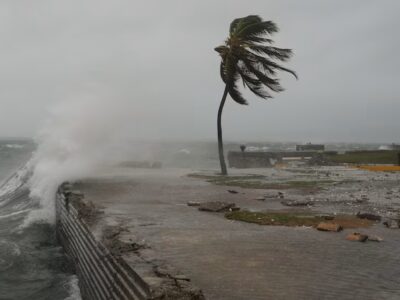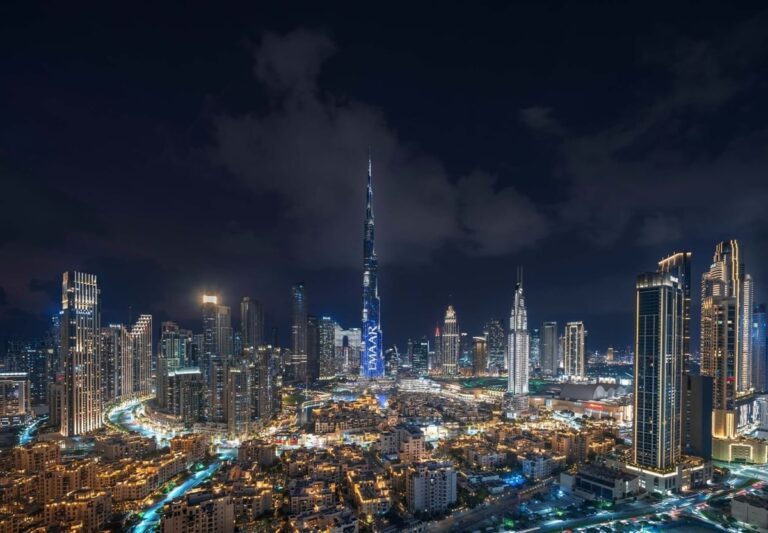Dubai has been ranked the fourth most resilient city in the world, while Abu Dhabi secured 13th place, in the Global Cities Resilience Index (GCRI) released by Kearney and the Future Investment Initiative (FII) Institute.
Unveiled at FII9 in Riyadh, the report places Dubai among the world’s leading models for sustainable and future-ready urban development, setting a global benchmark for how emerging cities can anticipate and adapt to economic, environmental, and technological change.
Abu Dhabi’s strong performance reinforces its growing reputation for institutional governance, sustainable finance, and human capital investment, further underscoring the UAE’s holistic national approach to urban resilience and adaptive city planning.
Dubai and Abu Dhabi boost UAE resilience
The UAE’s dual presence in the world’s top 15 reflects a national strategy focused on long-term resilience, built on infrastructure innovation, inclusive social policy, and forward-thinking governance.
Unique among indices of its kind, the GCRI evaluates 31 global cities on their ability to convert climate, technological, and social shocks into long-term advantages.
Cities are assessed across five dimensions:
- Institutional governance
- Sustainable finance and business
- Technology and innovation
- Social and human capital
- Global integration
London, Amsterdam, and New York occupy the top three positions globally, followed by Dubai in fourth and Toronto in fifth.
Riyadh and Doha drive regional momentum
The report also highlights regional progress, with Riyadh emerging as the global leader in technology and innovation, powered by Saudi Arabia’s continued investment in entrepreneurship, digital infrastructure, and Vision 2030 reforms.
Meanwhile, Doha ranked among the top six globally for economic resilience, driven by diversification and pro-growth policies that reflect a wider Gulf trend toward institutionalised resilience and sustainable competitiveness.
Bob Willen, Global Managing Partner and Chairman at Kearney, said resilience is no longer about crisis management but about systemic readiness for future shocks.
He said: “The Global Cities Resilience Index addresses a critical gap by measuring not where cities stand today but their systemic readiness to thrive tomorrow. This collaboration with FII Institute creates a forward-looking tool for action that city leaders, investors, and citizens can use to build adaptive capacity.”
Willen said the findings encourage city leaders to embed resilience into institutions, investment, and civic engagement, turning it into a shared and continuous process.
Dubai sets the benchmark
Richard Attias, Chairman of the FII Institute Executive Committee, said the report underscores how cities such as Dubai and London are setting the global standard for urban adaptability.
“Cities are central to the global economy, and drive prosperity in myriad ways. The capacity of any city to withstand shocks is something leaders and businesses must think about extremely carefully.
“This report helpfully identifies those cities, such as Dubai and London, which have the potential to adapt and thrive amid unforeseen change.”
With both Dubai and Abu Dhabi recognised among the world’s most resilient cities, the UAE continues to emerge as a regional leader in adaptive urban ecosystems — combining smart infrastructure, sustainability, and inclusive governance.








